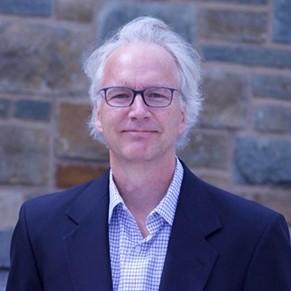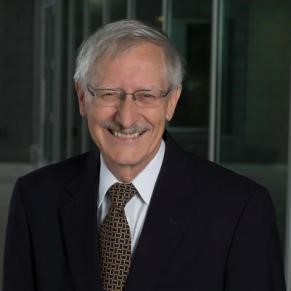In This Story

A new interdisciplinary Schar School of Policy and Government curriculum offering will allow students to design their own course of study that addresses global and local challenges involving energy and climate change.
A timely and innovative program, Energy and Climate Policy, is open to graduate students and undergraduates and will launch in Spring 2023.
As part of Schar School’s Center for Energy Science and Policy (CESP), and funded by a recent Provost Curriculum Impact Grant, this new curriculum offers undergraduates and graduates an opportunity to focus on local or international energy and climate policy.
- In the local track, students can learn and engage with low-income and marginalized Virginia communities to model greenhouse gases, develop climate mitigation plans, improve community resiliency and sustainability, and work to ensure energy equity and environmental justice.
- In the international track, students can learn and engage on issues with senior-level policymakers on geopolitics of energy security, climate change and national security, and clean energy policies for developing countries.
Each track requires four courses, including two “core” courses—a total of 12 credit hours—to complete, with multiple electives available depending on the track the student chooses.

“The mainstay for both programs is the opportunity to work and engage with some of the leading organizations and policymakers in the energy and climate policy area,” said Paul Bubbosh, an instructor in the College of Science and co-director of the Local Climate Action Planning Initiative in the CESP. “Those include environmental advocacy groups, academic think tanks and consultancies, federal, state, and local governments, private sector, and multinational organizations.”
The program is entirely student developed, he added, meaning students have the flexibility to design a program that fits their needs as part of a graduate or undergraduate program.
“We surveyed employers in the field of energy and climate policy about what they most desired in new hires, and based on these findings, we crafted a program that identified two core courses—one on energy policy and the other on energy and climate law, as well as the local and international tracks,” said Joel Hicks, an instructor at the Schar School and a CESP research fellow who helped develop the program.
“These courses will be taught by senior-level practitioners in relevant industries and agencies,” he said. “They will bring real-world experience and expertise to the Mason classrooms.”

The program is well-timed, to say the least.
“The new Inflation Reduction Act will jumpstart a massive wave of innovation and energy transition planning, requiring skills from across the academic spectrum,” Hicks said. He also pointed out that employment growth in these fields widely outpace other sectors of the U.S. workforce.
“Jobs related to net-zero emissions made up about 40 percent of total energy jobs in the U.S.,” he said. “Energy job growth outpaced other sectors of the workforce by 30 percent.”
This program appears poised to place Mason students in a more advantageous position with the influx of new spending and job hires, Bubbosh said. “As a former federal government hiring official, I can tell you with confidence that the courses we have developed in the Energy and Climate Policy program will prepare students for these competitive positions.”
Addressing climate change is one of the main reasons Master’s in Public Policy student Tony Striner chose the field of study.
“In my eyes,” he said, “the issue of climate change has two fundamental components: sustainable energy generation and environmental protection. CESP's curriculum addresses both of these areas in a meaningful way. This sort of in-depth analysis from expert practitioners is exactly what I was looking for."
CESP co-director Richard Kauzlarich said the Energy and Climate Change emphasis area will be attractive to students from several of Mason’s colleges, including the Volgenau School of Engineering, the College of Science, the School of Business, School of Integrative Studies, and Carter School for Peace and Conflict Resolution, as well as government and policy majors at the Schar School.
